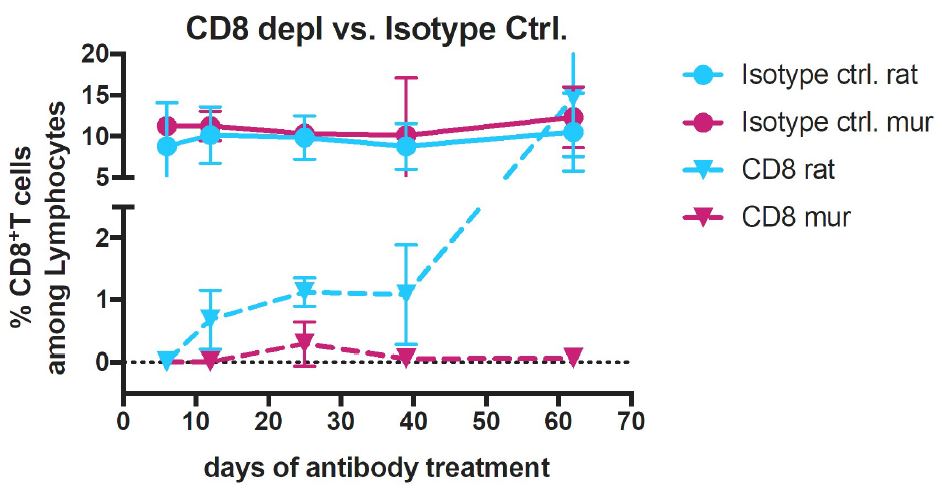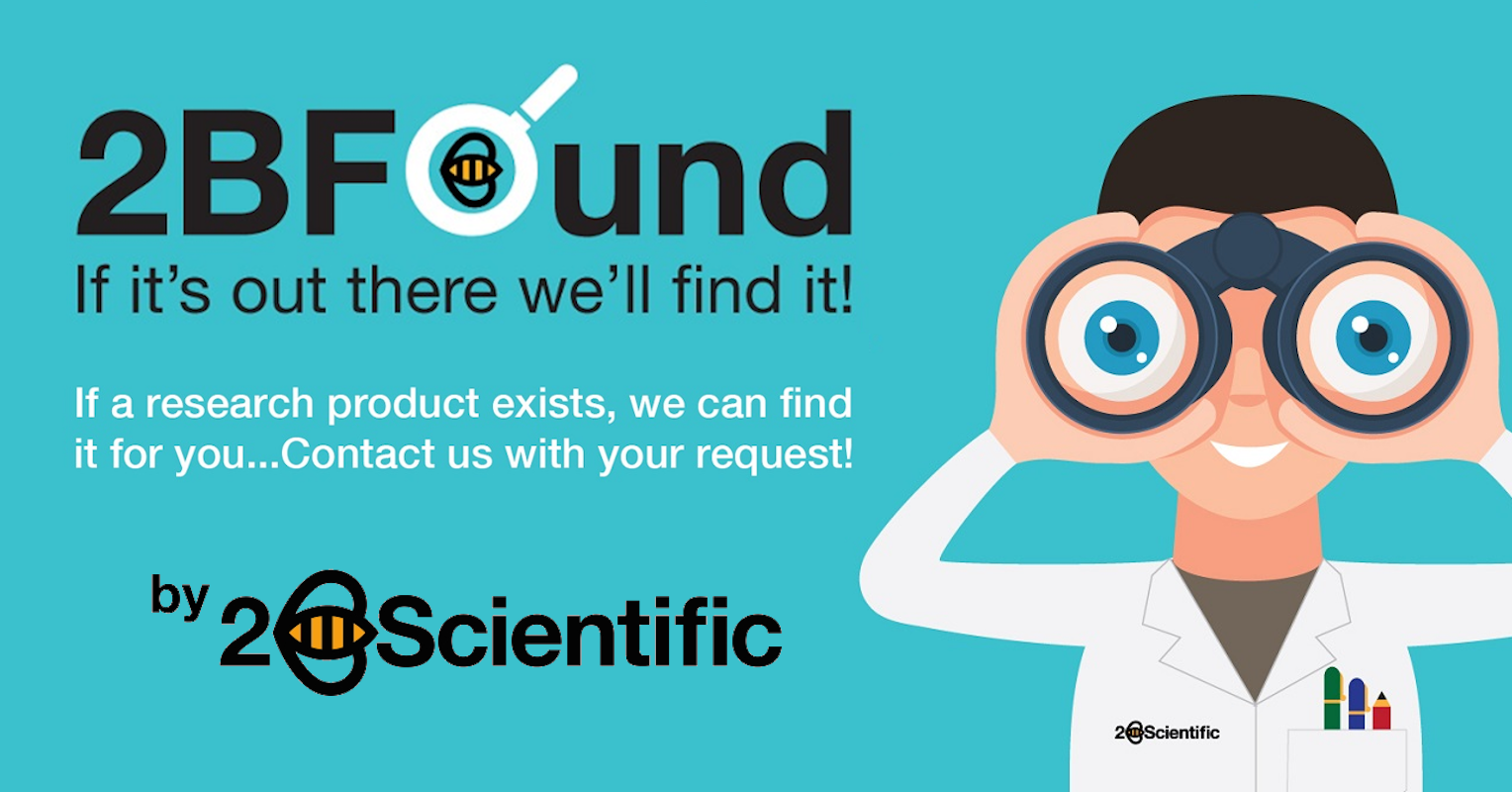Absolute Antibody
Absolute Antibody is a privately funded startup company developing engineered antibodies for the research and diagnostics markets.
They have developed a proprietary manufacturing platform based on transient transfection for the production of sequenced and engineered antibodies, AbsoluteAbs (AbAbs). The manufacture of AbAbs is fast, inexpensive and animal-free, with 100s of mgs produced within two weeks, versus up to three months required by traditional methods, enabling Absolute Antibody to offer vastly reduced time from order to delivery

More information on Absolute Antibody!
We often suggest Absolute Antibody to researchers requiring an antibody clone with a different species, isotype or subtype to the original product. For example, in a situation where the existing hybridoma produces a rat or rabbit antibody yet our customer wishes to perform a long-term treatment in mouse, Absolute Antibody can easily switch the antibody species to mouse to reduce immunogenicity. We have also recently recommended Absolute Antibody to researchers wishing to change the effector function of an antibody to enhance ADCC, and to customers wanting to convert an existing antibody to a fragment to block a receptor without incurring Fc-mediated effects. In addition, we regularly propose Absolute Antibody as a reliable source of higher purity antibodies and antibodies that demonstrate lower endotoxin levels.
Recombinant Anti-CD8 antibody maintains T-cell depletion for over 60 days when reformatted as a mouse IgG2a, whereas the original rat IgG2b format loses efficacy after two weeks.
CD8 T-cell Depletion
The graph below shows CD8+T-cell population in mice treated with anti-CD8 antibodies for depletion and isotype controls. Mouse IgG2a format is shown in purple and Rat IgG2b is shown in blue. Injections of 250ug every 4 days. Unpublished data, courtesy and property of the University of Basel, Switzerland.

VivopureX™ Recombinant Antibodies for In Vivo Research
VivopureX™ antibodies are recombinant mouse antibodies ideal for in vivo research in mouse models. The collection consists of popular antibody clones, many originally obtained from rats or hamsters, which Absolute Antibody has engineered into mouse-anti- mouse recombinant versions to improve research results.

Recombinant Coronavirus Antibodies
Absolute Antibody offers a variety of recombinant coronavirus reagents
to support COVID-19 research and diagnostics, including anti-SARS-CoV-2 spike glycoprotein and nucleoprotein antibodies, anti-human immunoglobulin antibodies and ACE2 Fc fusion proteins.
All reagents are recombinantly produced, which ensures batch-to-batch reproducibility and enables engineering into a wide range of species, isotypes and subtypes. In addition, all reagents are manufactured in a completely animal and animal-component free production platform, resulting in highly pure antibodies with low endotoxin levels.

Why Recombinant Antibodies?
A brief guide to why you should pick recombinant antibodies over monoclonal antibodies.
